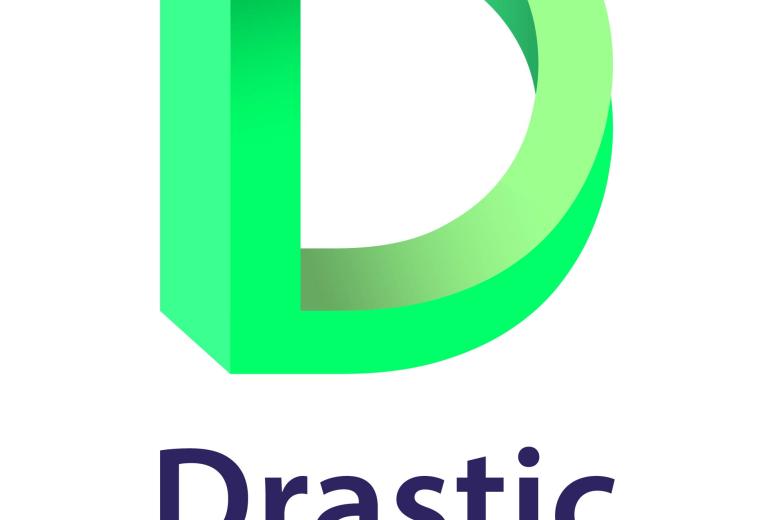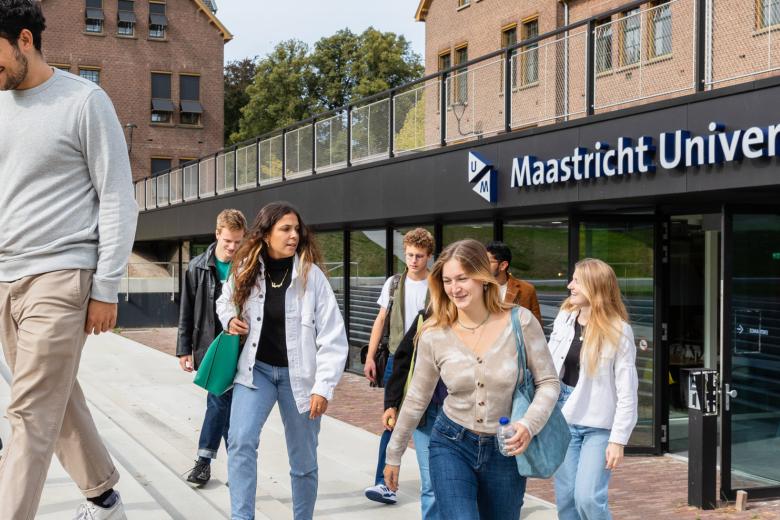Current Research
Demonstrating Real and Affordable Sustainable Building Solutions with Top-level (DRASTIC)
As a Horizon Europe project, co-funded by the European Union (EU) via the Built4People partnership, Drastic plans to address the untapped potential for decarbonisation and significant transformation within the European built environment via the reduction of whole life cycle carbon. Drastic aims to reduce operational and embodied carbon by engaging its collection of five Demonstrator projects, each based in distinct geographic zones with specific drivers that focus on reducing the embodied carbon impacts of construction materials.

Fixophobia
The linear consumption of consumer electronics is accelerating, increasing the negative environmental and social impacts of the electronics value chain. Tackling Fixophobia is a NWO KIC project in collaboration with TU Delft, Wageningen, Erasmus, and a consortium of industry partners. The core goal of the project is to develop theoretical frameworks, societal tools and innovations in the respective fields of marketing and service, design, circular business, law and tax, and to integrate these frameworks in an overarching, interdisciplinary 'Tackling Fixophobia’ framework.

SPECIFIC
The SPECIFIC project looks to identify how the 15-Minute City can be realised in suburbs and outer areas in European cities with up to half a million residents. It is much easier to fulfil all of your daily needs within a short walk or bike ride in city centres than in suburban and outer areas. And yet it is in those suburban and outer areas where most people live.

Circular X
Lead by Professor Nancy Bocken, CIRCULAR X will develop a new field of research on experimentation with circular service business models (CSBMs) in the transition to a circular economy.

TransB
The project examines in a transdisciplinary way experiences and possibilities for combining functional needs such as zero energy housing, water-based recreation, avoidance of sewage overflows and river floods, the use of grey water and re-use of (upcycled) materials

EmbedterLabs
The EmbedterLabs project seeks to understand:
- how to better translate and embed into policy the lessons learned from sustainable mobility infrastructure experiments, and,
- how to shape these experiments to better inform broader learning processes in just and sustainable urban transitions.
The UM team—consisting of Dr. Marc Dijk, Dr. Anique Hommels, and Dr. Denver Vale Nixon—will focus primarily on sustainable mobility infrastructural experiments in Maastricht. The project is funded by NWO/ JPI Urban Europe.

LICHEN BLADES
LICHEN BLADES is about circularity of windturbine blades, including the material challenges, product design, and business model and value chain challenges. In the LICHEN BLADES project, we will work on a circular blade design that will realize the functionality for first use-cycle (wind) and successive use-cycles, enabling blades with reduced carbon footprint, and designed for re-use opportunities. The project is funded by NWO and led by TU Delft. Nancy Bocken is in the lead of this project at MSI, who works on the project together with PhD researcher Julia Smid.

Urban Upcycling
The aim of this project is to better understand and scale up Urban Upcycling. We aim to develop adaptive ecosystems with spaces for collaboration and multiple value creation. We will investigate the development of circular business models and consumer and market acceptance. Importantly, this project collaborates with decision-makers in cities, companies, designers and other key stakeholders involved in urban upcycling. The project takes a longitudinal, multi-case study approach, taking a research through design and business experimentation method lens.
The project is funded by RAAK-PRO and led by the Hogeschool van Amsterdam (HvA). Nancy Bocken works on the project as the promotor of the PhD research of Marco van Hees.

Prosperity
PROSPERITY generates knowledge on the interaction between business models patterns and user practices, and sustainability impacts. The project aims to benefit manufacturers from industries in the consumer sectors with high environmental impacts, and produce academic results at the cutting edge in the field of business models for sustainability. The project is led by RISE, the sustainable consumption institute in Sweden. The project is funded by FORMAS, Sweden, and coordinated at MSI by Nancy Bocken, involving other researchers like Myrthe Velter.

MORSE
The objective of MORSE is to mobilize and bring together researchers in UM and beyond around the challenge of building more resilient, responsible and sustainable enterprises and economies in Europe and globally as three distinct but related challenges. The 2008-2009 financial crisis and more recently the COVID-19 pandemic have clearly illustrated that countries, firms and citizens are vulnerable to shocks. This spearhead asks: How do we build sustainable systems that are efficient and competitive in normal times and resilient in response to crises?

Spearhead Fair and Smart Data (FSD)
Global value networks derived from business activities are often complex, limited in inclusivity, and limited in transparency, partially because they have been historically designed in this manner, often to the benefit of multinational corporations. This current design limits the development of sustainable value chains that are competitive, inclusive, and fair.

Consumer Demand and Circular Urban Living (CDCUL)
Consumer Demand and Circular Urban Living (CDCUL) is an ambitious, multi-national research project, part of the Driving Urban Transitions (DUT) programme, exploring how shared appliances, facilities, and spaces influence the perceived value of residential properties. The project investigates whether the inclusion of shared services – like co-working areas and shared toolkits – can make urban homes more appealing to citizens in Sweden, the Netherlands, and Slovenia.

Scaling Urban Regenerative Food Systems in Transition (SURFIT)
SURFIT will bring together SFNs, local policymakers and a multidisciplinary set of researchers from four mid-size cities to jointly conduct transdisciplinary research in Urban Food Labs (UFLs) with an urban living lab approach. The aim of this research is to explore, understand and engage in how catalysers can be designed to scale SFNs for systemic transitions. The project will deliver design principles and reflexive guidance in embedding catalysers to advance and scale SFNs.

Transition to a fossil-free society (2024-2025)
Transition to a fossil-free society (2024-2025): This is phase 2 of a project with UM students and staff funded by SUM2030, UM's sustainability programme. This collaborative project between MSI (SBE), MERLN (FHML) and MaCSBIO (FSE) aims to assess education-related greenhouse gas emissions. We do this with the help of students who design measuring experiments, conduct these, and evaluate them. This project combines fact finding about UM's emissions with education and raising awareness.
Accelerating Just Climate Transitions in Urban Regions (ACT)
Climate research has rapidly taken off in the Netherlands. Substantial bodies of research are now in development. The existing technological knowledge seems sufficient in principle to achieve the emission targets and adaptation up to 2030. However, much more actionable knowledge is needed about how we can practically transition into a climate-neutral and proof society by 2050, under a possibly faster-changing climate. More actionable knowledge is required about how we can accelerate system transitions (ibid). This transition puzzle comes together in Dutch cities, where most of the Netherlands lives.
This project aims to analyse and stimulate the acceleration of just climate transitions in urban regions from such a perspective. The project will deliver two key outputs to support this larger ambition:
1. A generic approach to co-design local action agendas with instruments (training programs, handbooks) for just, climate neutral and climate proof neighbourhood transitions
2. Four specific co-designed action agendas for the regions of Rotterdam, Nijmegen, Eindhoven and Zuid-Limburg.